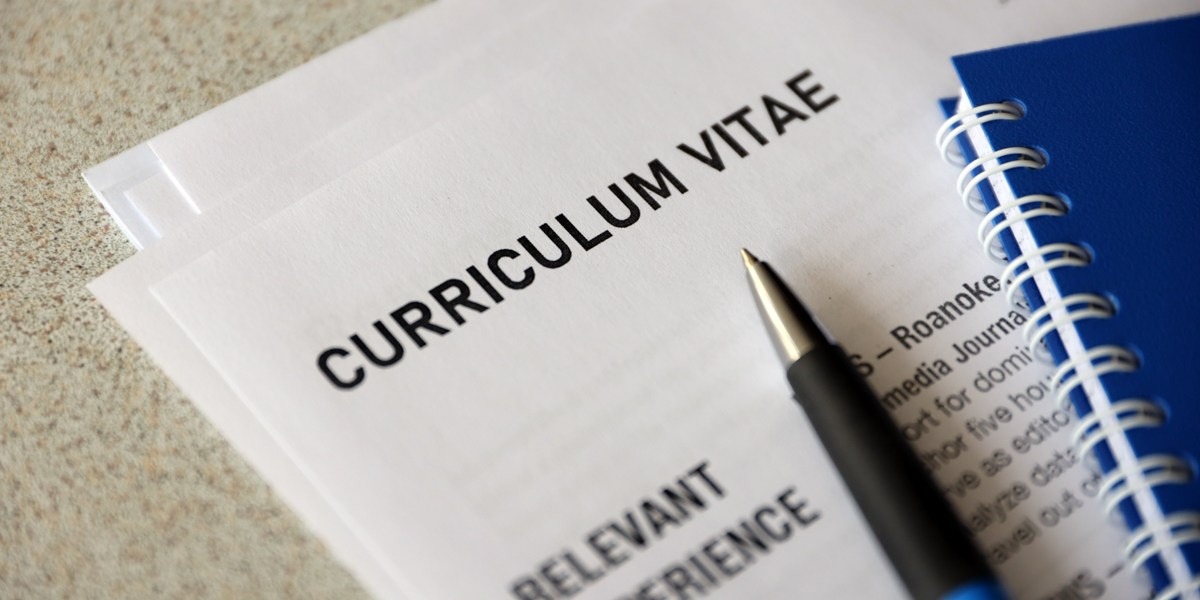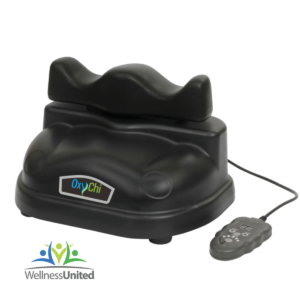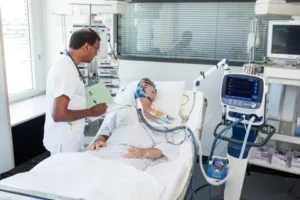The road to being a doctor is tough – and the most stressful milepost along the journey is the residency match, when you learn where you’ll be doing your medical training and what that means for your career. Like practically everything else in life, if you don’t understand how the residency match works, it can work against you.
What is the Residency Match?
Overview of the Match Process
The National Resident Matching Program, or the ‘match’, is a system for placing medical school graduates into residency positions. In the United States, the match is overseen by the National Resident Matching Program (NRMP). It matches physicians to residency-training positions in accordance with where graduates are qualified to work and want to live, and where training programmes hope to fill residency positions with qualified and suitable candidates.
Key Steps in the Match
The residency match involves several critical steps:
Application to these programmes is facilitated by the Electronic Residency Application Service (ERAS), an online application that medical students fill out to apply to these residency programmes. The ERAS has the personal statement, letters of recommendation, a CV (curriculum vitae) and transcripts.
Interviews: Next, candidates are requested to interview with residency programmes after applying. Interviews serve as a method for candidates and programmes to explore whether they’re a good fit for each other.
Rank order list: After interviewing, both candidates and programs submit a rank order list. Candidates rank their preferences in programmes, and programmes rank applicants.
The Match: The computerised Matching Algorithm of the National Resident Matching Program ranks and puts students in programmes based on how they rank the programmes that then rank them for acceptances. This all happens on Match Day, when candidates find out where they will be training.
Tips for Success in the Residency Match
1. Research Programs Thoroughly
So before applying, do your homework on the residency programs. Yes, you want to know the reputation of the programme, where it is located, what its culture is like, are there specialties you are interested in, etc. Consider all these factors before applying.
2. Craft a Compelling Personal Statement
Because your personal statement is such an important part of your residency application – this is where you’ll explain why you love your specialty, and why you’re a good match for the programmes you’re applying to – apply what I’ve shared above when writing your statement. Be open and vulnerable in your writing, be reflective and specific, and make clear why your experiences and strengths make you a valuable asset to the programme.
3. Seek Strong Letters of Recommendation
Letters of recommendation are critical parts of your residency application. Select recommenders who know you and your clinical skills, work ethic and potential as a resident. A glowing letter from a well-regarded physician in your specialty of choice can provide the edge a candidate needs.
4. Prepare for Interviews
Interviews are a major part of the Matches experience. Do your homework on each programme, practise common interview questions and write down smart things to ask the interviewers. Remember, this is a two-way street: you are also trying to determine if the programme is a good fit for you.
5. Rank Programs Honestly
Returning to that question – use your rank order list to tell the honest answer to the question: ‘Where do you think you will be the happiest and most capable of succeeding?’ Don’t try to ‘gamed’ your rank order list by thinking about where you think you have the best chance of matching. Think about where you WANT to train.
Common Challenges in the Residency Match
1. Applying to Competitive Specialties
Some specialties are far more competitive (there are more applicants than positions) than others. If you’re considering a niche specialty, like dermatology, you might want to apply to a backup specialty as well. That way, you increase your chances of matching to medical school while paving the way for your ultimate career choice.
2. Balancing Geographic Preferences
The way where you want to end up living geographically will have an impact on your residency match. If you know that you want to train in a certain area, you may have to apply more widely to that area. Consider broadening the area where you are open to training and make a list of the pros and cons of each area.
3. Managing Application Costs
The residency match process is also costly. Applications cost money as do interview travel expenses, so it’s important to apply thoughtfully and strategically – ideally, applying to a cluster of programs to minimise travel expenses. Also see if there are any financial aid programmes your medical school or residency programmes that can help.
What Happens If You Don’t Match?
The Supplemental Offer and Acceptance Program (SOAP)
If you come up short at the initial stage of the matching process, don’t despair. Through the Supplemental Offer and Acceptance Program (SOAP), applicants who aren’t matched to a residency slot can apply for unfilled vacancies. SOAP, which essentially offers a second chance at securing a coveted residency spot, is a fast-paced and competitive environment, so you must be quick if yo fall into the SOAP pool and want to land a slot.
Taking a Gap Year
The alternative to not matching is to take a gap year, to improve the application. In a gap year, prospective residents can gain more experience in a clinical setting or do research or another level of education – strengthening the application for the next match cycle.
The Importance of Resilience
Although the residency match is a difficult, often stressful process, resilience will help you navigate the process no matter if you match with your top choice or not, and whether you go on the Alternate List or not. Enthusiasm and a positive attitude – seeing it as a fun adventure and being open to the process – will be your greatest assets throughout your medical career. The match is just a first thehapter on your journey to becoming a doctor.
Conclusion
The match is, in many ways, the culmination of your 20s, the final rung on the ladder after four long years of medical school, and the place where you first train and develop your skills as a physician. If you approach the match process with careful preparation, thoughtful consideration and a solid understanding of your goals, this is possible. There are ways to find a programme that will enable you to get to where you want in medicine and beyond.



